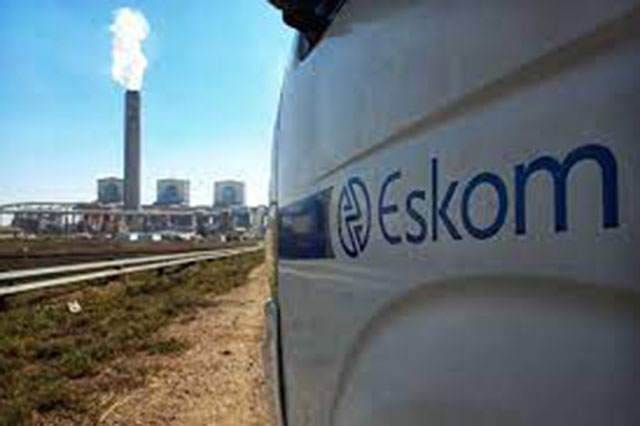Cape Town — Eskom revealed that it suffered massive pre-tax losses of more than R25 billion for the 2023/2024 financial year as the power utility faced many challenges.
In a statement released on Thursday, Eskom said the 2023/2024 Financial year was a particularly challenging one and despite the loss of R25.5 billion, it was a massive R9 billion improvement from the previous year.
Eskom said that the period between 1 April 2023 and 31 March 2024, was one of the most difficult periods in its history as the company had to deliver on the Generation Recovery Plan to address South Africa’s energy crisis by delivering a structural improvement in generation performance to end loadshedding.
Eskom’s Chairperson, Mteto Nyati, said the results showed the tough choices South Africans had to make, but are now benefitting from today.
“We have continued to deliver progress and consistency in the diagnostic from two years ago to address the crisis that the current Eskom Board inherited when they took office in October 2022. Many of the actions we are working on require policy changes, so we cannot do this without the Government and in particular the ministries with oversight over Eskom’s operations who have been very supportive on this journey,” Nyati said.
He said the utility remains focused on using public money to strengthen governance and management controls by appointing the right people in roles to drive high performance.
Eskom’s Chief Financial Officer, Calib Cassim, said it was encouraging that Eskom recorded lower losses despite the challenges, as it believes it to be a turning point and that 2024 will be the year where the foundation is laid for future success.
#Eskom #MediaStatement
Loss before tax for the 2024 financial year improves by R9 billion to R25.5 billion; NTCSA separation triggers once-off accounting adjustment leading to loss after tax of R55 billion; profit forecast for the 2025 financial year due to improved performance. pic.twitter.com/qk0ylUtD2S— Eskom Hld SOC Ltd (@Eskom_SA) December 19, 2024
“We must reach a position where we can service our debt obligations without further Government support, however, the National Treasury has acknowledged that its debt relief and Eskom’s efficiency efforts alone are not enough to enable Eskom’s long-term financial sustainability – it must be supported by appropriate tariff increases, with measures to address affordability for vulnerable sectors, and a sustainable solution to the municipal arrear debt challenge, with the arrear debt owed to Eskom expected to reach R110 billion by March 2025,” Cassim continued.
Eskom also announced a loss after tax of R55 billion, mainly due to the derecognition of a deferred tax asset of R236.6 billion. This was triggered by the separation of the National Transmission Company South Africa SOC Ltd (NTCSA) on 31 March 2024 and it being deemed unlikely that the remaining business would generate sufficient taxable income within the next five years to fully utilise Eskom’s unused assessed tax losses.
Eskom said the derecognition had no impact on Eskom’s right to utilise assessed tax losses against future taxable income. Eskom still expects to return to profitability within the period of the current corporate plan ending March 2029.
Eskom said that, while the results of the 2024 Financial Year were disappointing, financial performances have improved for the 2025 Financial Year, following the government’s debt relief and Eskom’s improved operational performance.
Eskom recorded an improved energy availability factor (EAF) of nearly 63% for the first six months of the new financial year, and its focus is to reach an EAF level of 70% for March 2025.
Follow African Insider on Facebook, Twitter and Instagram
Picture: X/@SAgovnews
For more African news, visit Africaninsider.com
Compiled by Matthew Petersen


